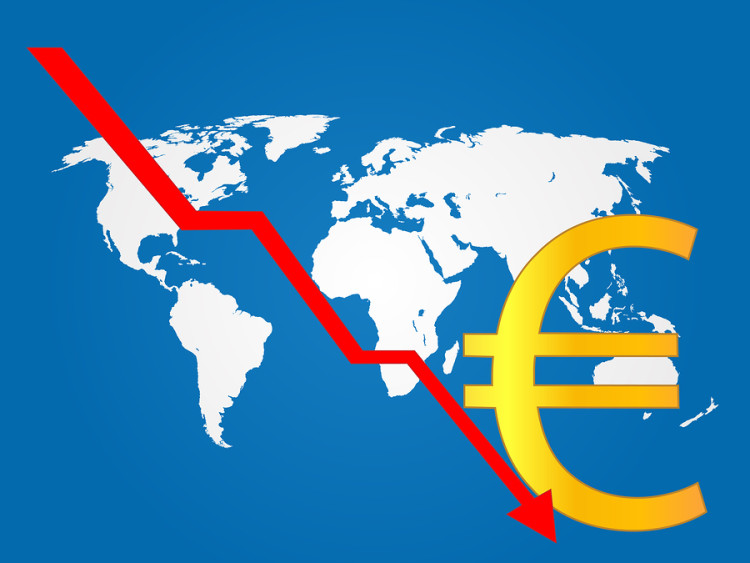Russia’s Economy Seen Shrinking a Second Year Amid Oil Slump

©2016 Bloomberg News
O1JKG46KLVR5
(Bloomberg) — When Vladimir Putin first became Russia’s president back in 2000, oil traded at an average $28.40 a barrel. After spending much of the past five years above $100 a barrel, crude prices have come nearly full circle.
In just the past few weeks, oil prices have fallen about 16 percent. That’s poised to squeeze an economy that’s heavily dependent on the commodity for its revenues. The Finance Ministry in Moscow has already warned about a higher deficit if spending cuts and other austerity measures aren’t implemented in the face of cheaper crude. Here’s a look at how the oil-price plunge is rippling through Russia’s economy.The budget deficit may be even worse.
Russia, which relies on oil and natural gas for almost half its fiscal revenue, ran a budget deficit of 2.6 percent in 2015, the highest in five years. It’s now at risk of topping that level as prices drop even further, Finance Minister Anton Siluanov warned the government.
This year’s budget was initially planned around oil averaging $50 a barrel and a deficit of 3 percent of gross domestic product. Belt-tightening measures totaling 1.5 trillion rubles ($18.9 billion) are needed to avoid a shortfall of over 6 percent of output this year, Siluanov said.Currency weakness is driving inflation
While consumers were the main drivers of Russia’s economy for more than a decade, soft domestic demand has now become a primary hindrance to growth.
As cheap oil weakens the Russian economy, it also causes its national currency, the ruble, to depreciate. That means Russian consumers have to shell out more rubles if they want to maintain their consumption levels.
Geopolitical tensions have added to the ruble’s weakness. The currency has nearly halved in value since Putin’s annexation of Crimea in March 2014 and the U.S. and the European Union imposed sanctions against Russia.
Currency weakness accelerated inflation to a 13-year high of 16.9 percent in March 2015. Annual consumer-price growth eased to 12.9 percent in December, still more than three times the central bank’s goal.GDP may shrink another year
“Where is the bulk of money made? In oil, gas, metals, other commodities,” Putin said in his address to the Russian parliament in April 2001, calling for greater diversification of the Russian economy. At the time, oil and gas generated some 30 percent of federal budget revenues. In 2015, the figure reached 44 percent, according to the Finance ministry — so much for good intentions.
Greater dependence on oil and gas means Russia’s GDP is even more linked to the crude-price dynamics. With the current oil rout, the country’s economy risks shrinking for a second year. It declined 3.7 percent in 2015, the deepest contraction since 2009, and may shrink 0.5 percent this year, according to economists surveyed by Bloomberg in December.
To contact the authors of this story: Anna Andrianova inMoscow at aandrianova@bloomberg.net Dina Khrennikova inMoscow at dkhrennikova@bloomberg.net To contact the editors responsible for this story: Victoria Stilwell at vstilwell1@bloomberg.net Flavia Krause-Jackson at fjackson@bloomberg.net







No Comment